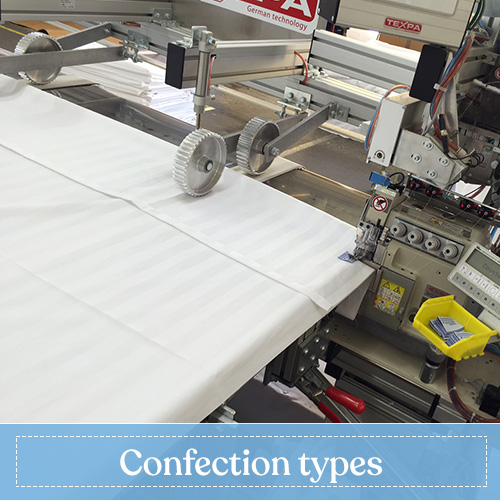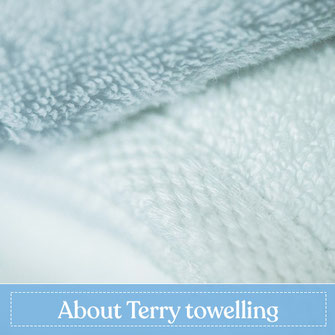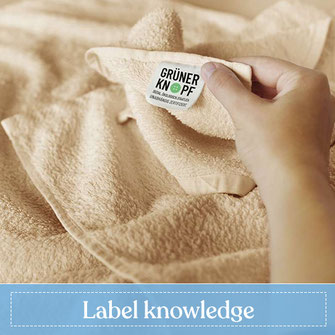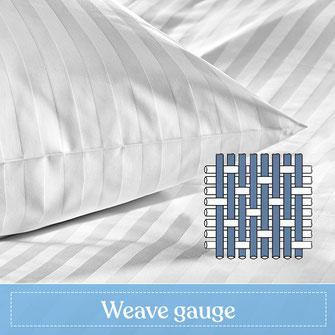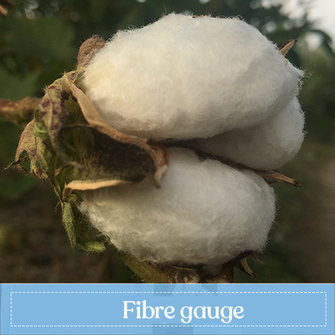
"Linen Wiki"- Textile knowledge
... about bed linen and towelling
Here you will find a constantly growing collection of useful information about "Textiles-Knowledge. If you have any further questions, please do not hesitate to contact us - we will find an answer for you!

